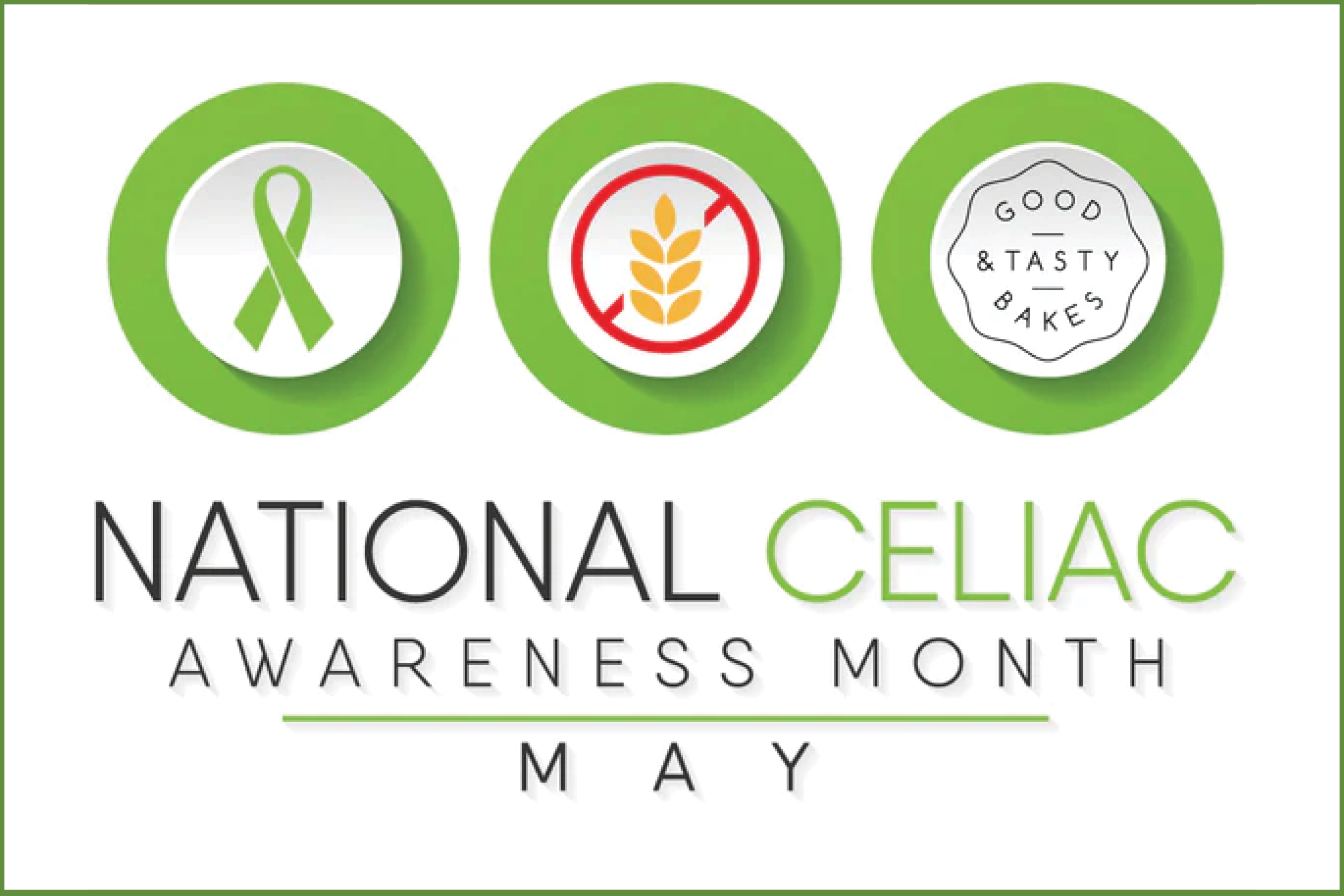Celiac Disease and the Benefits of a Gluten-Free Diet
May is Celiac Disease Awareness Month. Celiac Disease is a digestive condition that occurs when the body's immune system responds abnormally to gluten, a protein found in wheat, barley and rye. This response causes damage to the small intestine, leading to difficulty in digesting food. Currently, there is no cure for Celiac Disease and managing the disease requires maintaining a strict gluten-free diet.
Following a gluten-free diet enables those with Celiac Disease to avoid the symptoms and long-term complications of the disease. Symptoms may include bloating, diarrhea, abdominal pain, fatigue and even depression or anxiety. Eating a gluten-free diet can help soothe the inflammation of the small intestine and some of these symptoms.
For individuals with Celiac Disease, working with a Registered Dietitian Nutritionist (RDN) is essential to help navigate the overload of information available. It helps to have the guidance of an experienced RDN to educate you on reading food labels, recognize terms for wheat and identify non-food items that are not labeled but may contain gluten, such as some paper straws or medications.
So, what can you eat on a gluten-free diet? There are many safe, delicious foods that are naturally gluten-free. Below are some examples:
- Amaranth
- Arrowroot
- Buckwheat
- Cassava
- Corn
- Flax
- Indian Rice (Montina)
- Job’s Tears
- Legumes (dry beans, peas, lentils)
- Millet
- Nuts
- Potatoes
- Quinoa
- Rice
- Sago
- Seeds
- Sorghum
- Soy
- Tapioca
- Teff (or Teff)
- Wild Rice
- Yucca
On the other hand, some foods should be avoided since they contain gluten. These include:
- Wheat
- Barley
- Rye
- Malt
- Oats (unless otherwise labeled as gluten-free)
Most importantly, for those with Celiac Disease, adhering strictly to a gluten-free diet can help alleviate symptoms, prevent further complications, and lead to better overall health.
Individuals with Celiac Disease need to maintain a gluten-free diet to manage their condition effectively. Working with a Registered Dietitian Nutritionist can provide essential guidance to navigate the complex realm of gluten-free foods and provide the necessary education required for optimal health.

